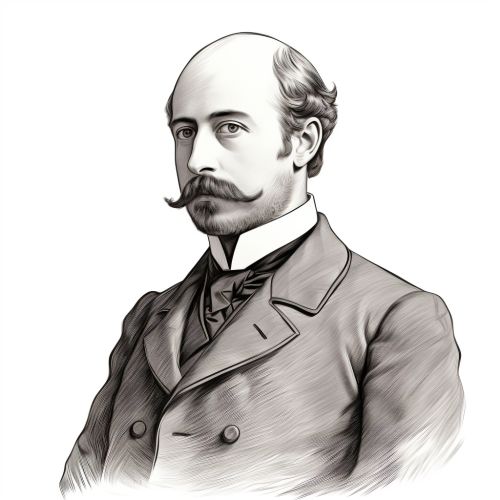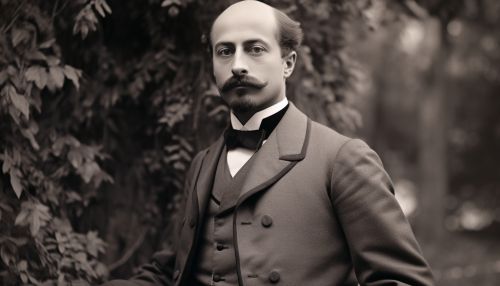Alexandre-Edmond Becquerel
Early Life and Education
Alexandre-Edmond Becquerel was born on March 24, 1820, in Paris, France. He was the son of Antoine César, a notable scientist who made significant contributions to the field of electrochemistry. Edmond Becquerel received his early education from his father and later attended the École Polytechnique in Paris, where he further developed his interest in the natural sciences.
Career and Research
After completing his education, Becquerel joined his father at the Muséum National d'Histoire Naturelle in Paris. Here, he began his research in the field of physics, focusing on optics, electricity, and luminescence. His early work involved studying the solar spectrum and the absorption of light by solids and liquids.
In 1848, Becquerel made a significant discovery related to photovoltaics. He found that certain materials would produce small amounts of electric current when exposed to light. This phenomenon, now known as the photovoltaic effect, is the basic operating principle of solar cells and has had a profound impact on the development of renewable energy technologies.
Becquerel's research also extended to the field of phosphorescence. He conducted numerous experiments to understand the nature of "persistent luminescence" and made important contributions to the understanding of material properties that allow for the storage of absorbed energy.


Later Life and Legacy
Becquerel continued his research until his death on May 11, 1891. His work laid the foundation for many modern technologies, including solar panels and fluorescent lights. His son, Henri, continued his scientific legacy, discovering radioactivity and winning the Nobel Prize in Physics in 1903.
Becquerel's contributions to science have been recognized posthumously. The unit of radioactivity, the Becquerel, is named in honor of the Becquerel family's contributions to the field of physics.
